To say Dundee United supporters were left underwhelmed by their deadline day business would be an understatement.
Tony Watt was loaned out to a divisional rival, with social media confirmation of that switch met with a fan firestorm.
The decision, in itself, was not unfathomable.
Watt was not playing regularly, while United were amenable to another team picking up a chunk of his wages. Fairly standard stuff.
What prompted the ire was the creeping realisation that there would be no attacking reinforcements on the day,
THAT was borderline unfathomable.
Indeed, 19-year-old defender Loick Ayina was the only capture on Tuesday evening, joining on loan from Huddersfield for the remainder of the season.
The youngster can play at centre-half or defensive midfield, recently made his senior debut and will presumably have received a lengthy lowdown on life in Dundee from Town boss Mark Fotheringham.
He could be a fine signing. Or he could be another fresh-faced loanee from down south who finds life tough in Scotland. Uncertainty abounds. Either way, by that point in the evening, many Arabs were already in a foul mood.
And lingering questions loom large.
What happened?
It now appears that United approached this transfer window with little to no budget remaining.
Summer spending on established talent like Aziz Behich, Dylan Levitt, Glenn Middleton, Steven Fletcher and Jamie McGrath was ambitious. United were in no position to make signings in early January. They had to manufacture their own wiggle room.
Logan Chalmers, Archie Meekison and Carljohan Eriksson were among those loaned out.
But Tony Watt’s exit and Harry Souttar’s £15 million move to Leicester — from which United will receive more than £2 million — were the pivotal deals. The fact both were done late on Tuesday created an onerous race against the clock.
These are facts, not excuses.
Plenty of other clubs navigated financial and logistical challenges, while managing to sign a striker. Should United go down, mitigating factors around having to engineer moves out will fall on deaf ears.
Marley Watkins; Stephen Welsh; Jeando Fuchs. Rumours swirled and bids failed. Ultimately, Ayina was the sole arrival.
Do Dundee United have enough attacking depth to survive?
Watkins was the only strong rumour doing the rounds on Tuesday and it swiftly became clear that Aberdeen were not willing to play ball.
Rory MacLeod is 16 years of age. Precocious, yes. But 16 years of age.
Sadat Anaku does not appear to have entirely won over head coach Liam Fox, if his failure to make the bench in the Terrors’ last three matches is anything to go by.
Neither man has ever scored a goal in Scottish football.
That leaves a hell of a burden on the shoulders of Steven Fletcher. If anyone can carry that burden, it is him — but it could weigh heavily on those 35-year-old legs.
Glenn Middleton can play up top but you would lose so much industry and inspiration if you were to remove him from his attacking midfield berth.
Could there still be arrivals?
Yes. United would be able to utilise the free agent market, just as they did when Arnaud Djoum joined the club in October.
There is a swathe of strikers currently without a club, acutely aware that their services have just become immeasurably more valuable following the closure of the transfer window.
The most obvious example would be Kyle Lafferty, released by Kilmarnock on Tuesday. But the list is endless.
How many on that list United would actually want? That’s a different question.
You could forgive the Terrors for feeling burned following the Max Biamou flop; three appearances, no goals. The last thing they need is another repeat of that signing.
Will Liam Fox’s faith be justified?
Fox has been steadfast in his belief in the quality possessed by United.
He is ready to coach this group out of trouble and is willing to work with a tight, close-knit squad.
Well, United have just bet their Premiership status on it.
The improvement has been visible, even if the amount of points on the board is yet to match the upturn in performances. Fox is starting to get a tune out of his players. Middleton; McGrath; Fletcher; Levitt; Behich — the talent is there.
However, an injury to a key player such as Mark Birighitti or Fletcher would be devastating. The pool is shallow at both ends of the pitch and, in a fight for survival, a single set-back could have major consequences.
What are the two outcomes?
This is high stakes poker.
If the Tangerines stay up, the club will have managed it while thinning out the squad, balancing the wage bill and making a tidy profit. All while not touching the Harry Souttar money.
That would allow them to conduct their thorough rebuild during the summer window; always far more conducive to varied options and sensible business.
For all the anger following a raw evening, that is perfectly plausible chain of events.
It would be far from a success, given the high hopes at the start of the season. But passable.
The other outcome is United are relegated.
That fate would be more costly than the price of a proven goalscorer would have been last night.
Following several seasons of unquestionable progress, culminating in European qualification last term, it would also put major pressure on sporting director Tony Asghar. Of this, he will be acutely aware.
A massive four months in the recent history of Dundee United now awaits. Attention turns to a relegation six-pointer against Kilmarnock.
Nothing lifts the spirits quite like a win. And United fans could do with the pick-me-up.
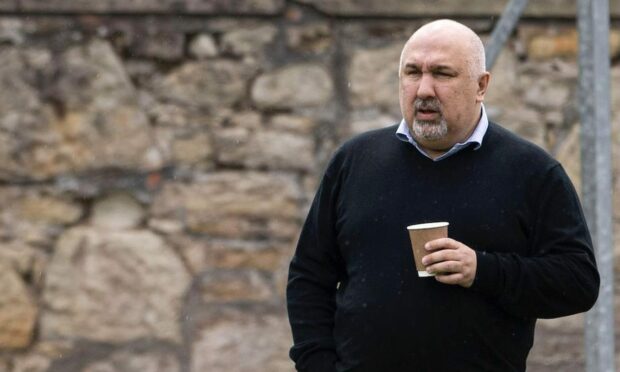

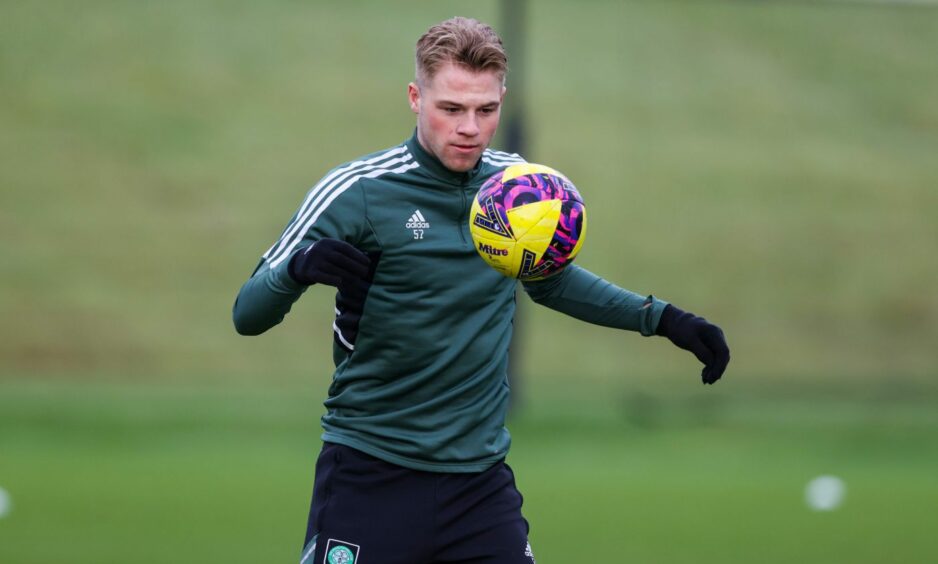
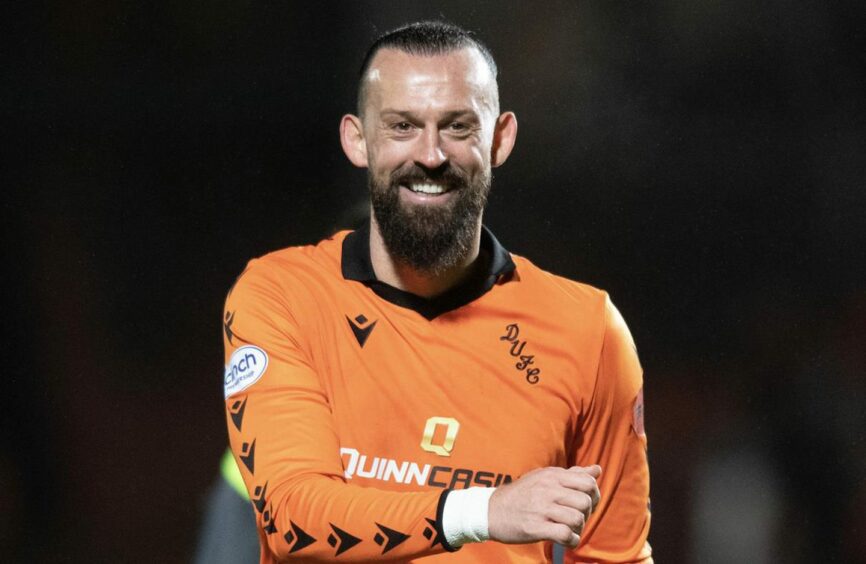
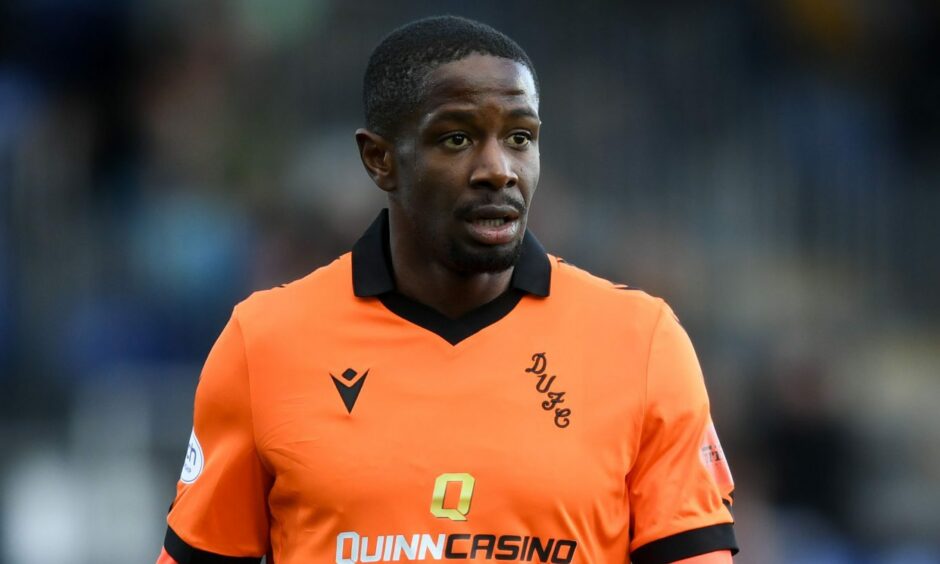
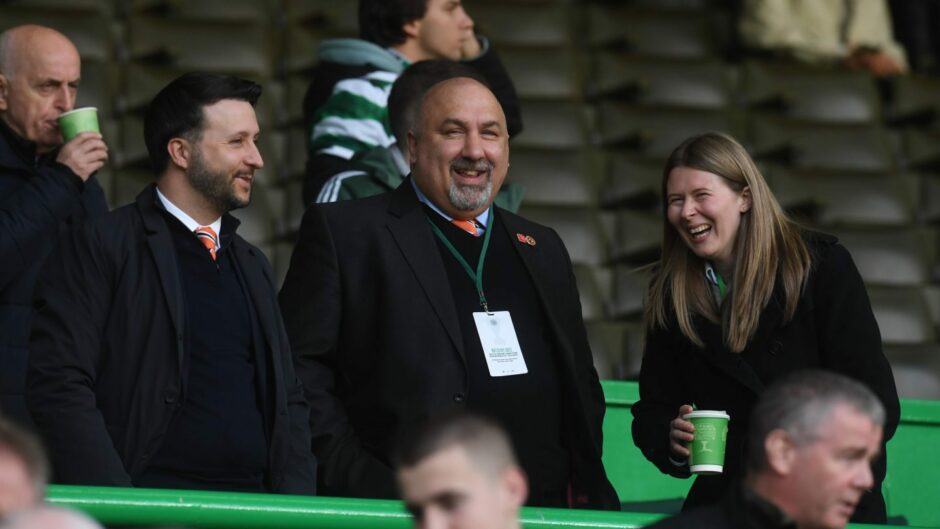
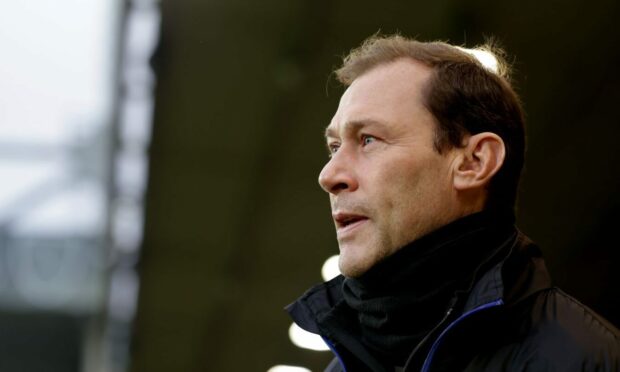
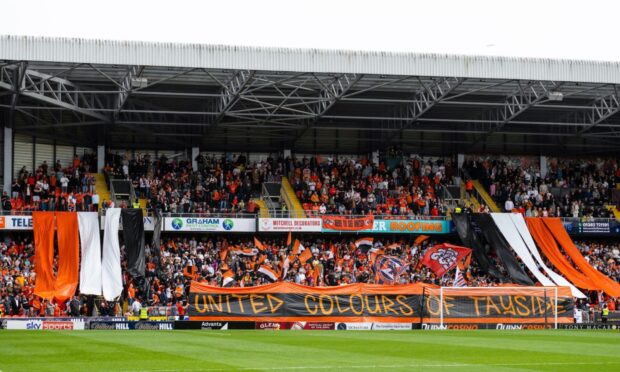
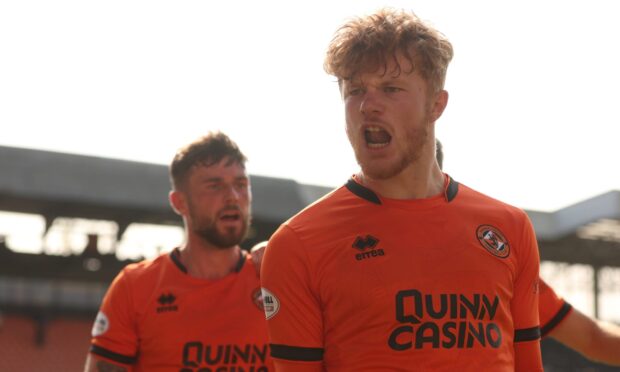


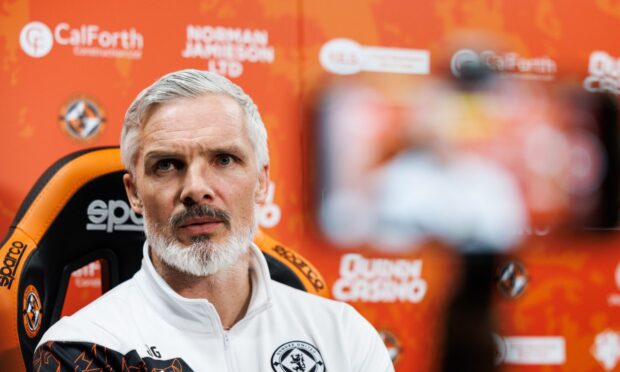
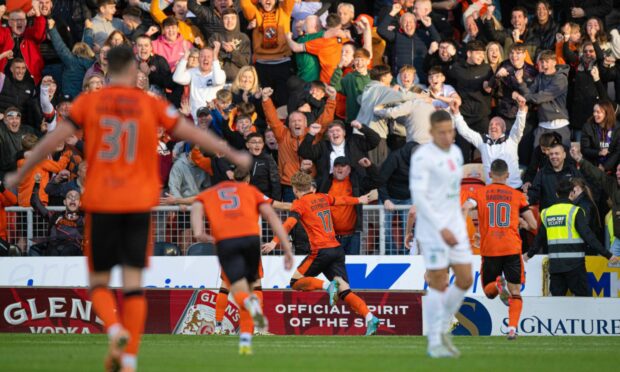
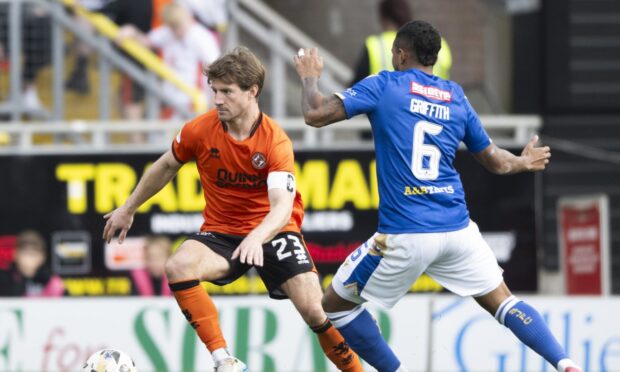
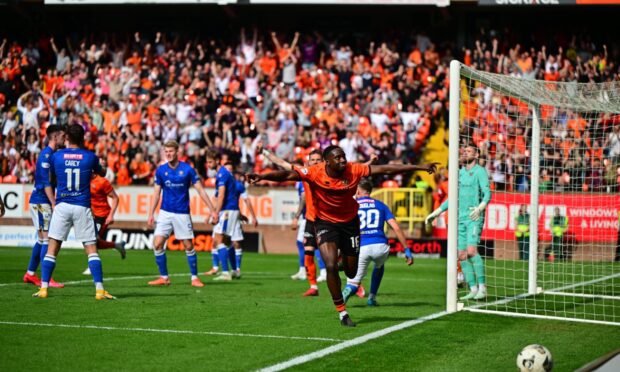

Conversation